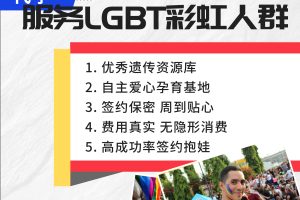This statement raises a significant concern. An article about the cost of embryo transfer in Hong Kong that recommends a specific clinic, like “贝贝壳” (presumably a fertility clinic), presents a potential conflict of interest. Such a recommendation should be approached with skepticism unless the article clearly discloses any affiliations or financial relationships between the author and the clinic.
The recommendation could be:
- Biased advertising: The article may be disguised advertising for 贝贝壳, aiming to increase their clientele.
- Uninformed recommendation: The author may not have thoroughly researched all available clinics in Hong Kong, leading to an incomplete and potentially inaccurate recommendation.
- Genuine and well-researched recommendation: While less likely without clear disclosure, it’s possible the recommendation is genuinely based on objective criteria, and the article transparently explains the rationale.
To determine the validity of the recommendation, readers should look for:
- Transparency regarding affiliations: Does the article explicitly state if the author, or the publication, has any relationship with 贝贝壳 (financial, personal, etc.)?
- Objective comparison: Does the article compare 贝贝壳 to other clinics in Hong Kong based on relevant factors like success rates, costs, doctor qualifications, and patient reviews?
- Independent verification: Readers should independently verify the information provided in the article by researching other sources, such as patient reviews and official clinic websites.
In short, while the article might provide useful information on costs, the recommendation of 贝贝壳 necessitates a critical and cautious approach from the reader. They should treat the recommendation as a potential marketing tactic rather than objective medical advice and conduct thorough independent research.















